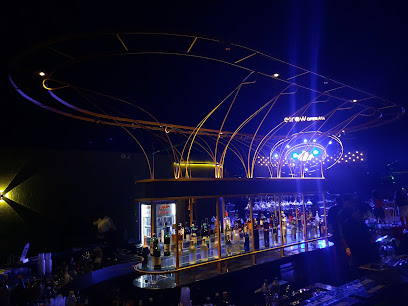
Discover the Rich Heritage at Raja Dinkar Kelkar Museum
Explore Pune's cultural gem, the Raja Dinkar Kelkar Museum—an immersive journey through India's artistic heritage and history.
The Raja Dinkar Kelkar Museum in Pune is a treasure trove of Indian art and culture, showcasing an impressive collection of artifacts that narrate the story of India's rich heritage. This museum is a must-visit for tourists seeking to immerse themselves in the artistry and history of the region.
A brief summary to Raja Dinkar Kelkar Museum
- No. 1377/78, Kamal Kunj, Bajirao Rd, Pune, Natu Baag, Shukrawar Peth, Maharashtra, 411002, IN
- +912024482101
- Visit website
- Monday 10 am-5:30 pm
- Tuesday 10 am-5:30 pm
- Wednesday 10 am-5:30 pm
- Thursday 10 am-5:30 pm
- Friday 10 am-5:30 pm
- Saturday 10 am-5:30 pm
- Sunday 10 am-5:30 pm
Local tips
- Visit during weekdays to avoid crowds and enjoy a more intimate experience.
- Don't miss the guided tours for deeper insights into the exhibits and their historical significance.
- Allocate at least 2-3 hours to fully explore the museum and appreciate its extensive collection.
- Check the museum's schedule for special events or workshops during your visit.
- Combine your visit with a stroll through the nearby markets for a complete cultural experience.
Getting There
-
Auto Rickshaw
If you're starting from Pune Railway Station, head to the auto rickshaw stand just outside the station. Tell the driver you want to go to Raja Dinkar Kelkar Museum, located at No. 1377/78, Kamal Kunj, Bajirao Rd, Natu Baag, Shukrawar Peth. The ride will take approximately 15-20 minutes, depending on traffic. The driver should know the location, but if you want to be sure, show them the address on your phone.
-
Bus
From Pune Railway Station, you can take a local bus heading towards Shukrawar Peth. Look for buses with routes that mention 'Shukrawar Peth' or 'Narayan Peth.' The bus fare is quite affordable. Once you disembark at Shukrawar Peth, ask locals for directions to Bajirao Road. The museum is a short walk from the bus stop. Keep an eye out for Kamal Kunj, as the museum is located there.
-
Walking
If you're nearby, such as in the Camp area, you can walk to the museum. Start by heading towards the main road and then make your way to Bajirao Road. Walk along Bajirao Road until you reach Natu Baag; the museum is located at No. 1377/78. It should take around 20-30 minutes, depending on your pace.
-
Taxi
You can use a taxi service like Uber or Ola. Open the app and set your destination to Raja Dinkar Kelkar Museum, No. 1377/78, Kamal Kunj, Bajirao Rd. The taxi will pick you up at your location and take you directly to the museum. The ride is usually comfortable and takes about 15-20 minutes, depending on traffic.
Discover more about Raja Dinkar Kelkar Museum
Iconic landmarks you can’t miss
Sanaatan Hanuman Paar Narayan Peth Pune City
0.6 km
Discover the spiritual and historical essence of Pune at Sanaatan Hanuman Paar, a captivating landmark that reflects the city's rich cultural heritage.
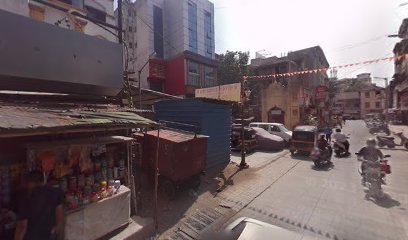
Nana Wada
0.9 km
Discover the historical elegance of Nana Wada in Pune, a landmark reflecting the rich heritage and architectural beauty of the Maratha Empire.
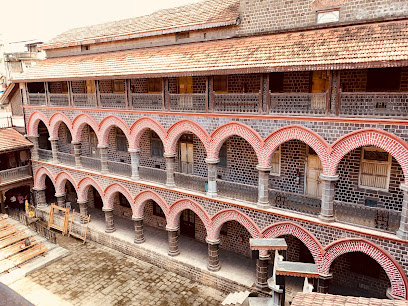
Ganesh Darwaja
0.9 km
Explore the historical Ganesh Darwaja in Pune, an architectural gem that embodies the rich cultural heritage of Maharashtra and invites you to discover its storied past.
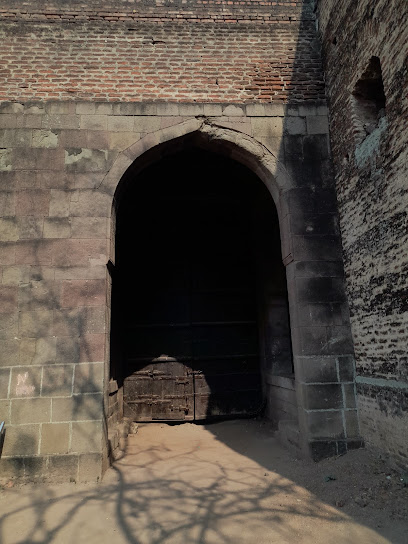
Sardar Shitole Wada
1.1 km
Explore Sardar Shitole Wada, a historical landmark in Pune that offers a glimpse into the region's rich cultural heritage and architectural beauty.
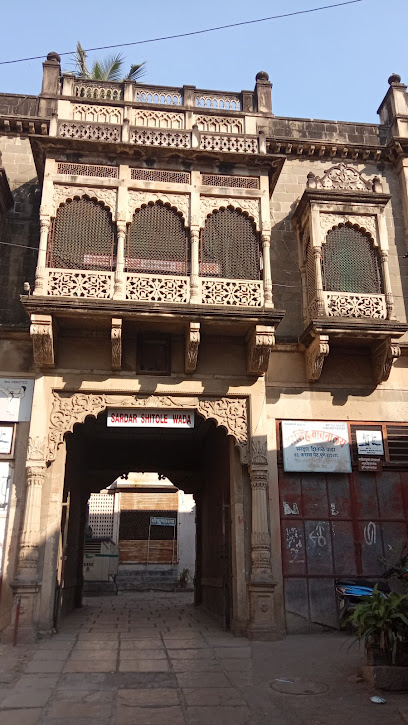
Juna Kot & Kokan Darwaja
1.2 km
Explore the historical marvel of Juna Kot & Kokan Darwaja, a must-visit landmark that narrates Pune's rich cultural heritage.
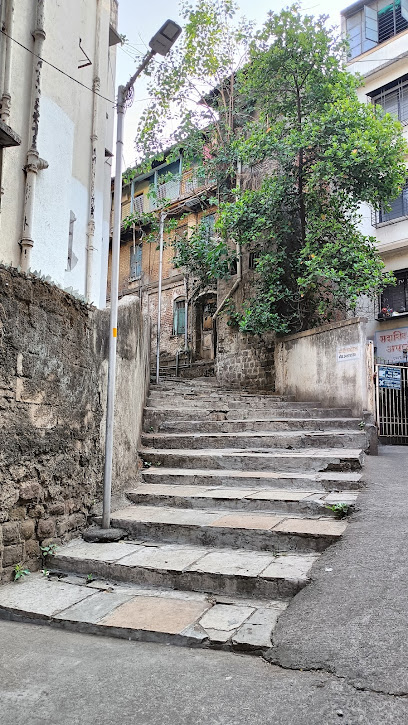
Ghorpade Ghat
1.4 km
Explore Ghorpade Ghat, a historical landmark in Pune that offers a serene escape while connecting you to the rich cultural heritage of the region.
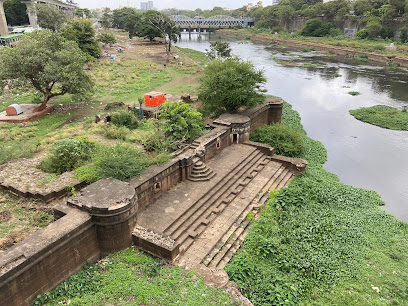
Old Shiv Mandir Ruins
1.4 km
Uncover the timeless beauty and historical significance of Old Shiv Mandir Ruins in Pune, a serene retreat steeped in ancient spirituality.
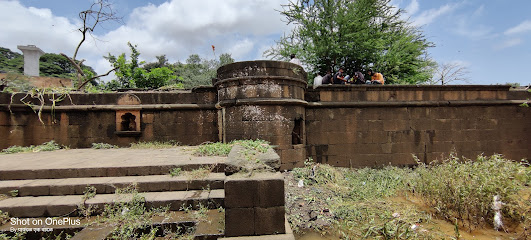
Shree Nageshwar Shiv Mandir
1.5 km
Explore the tranquil Shree Nageshwar Shiv Mandir in Pune, a sacred Hindu temple featuring stunning architecture and a serene ambiance for spiritual reflection.
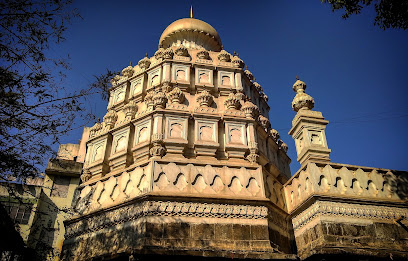
छत्रपती ताराराणी सरकार चौक
1.5 km
Discover the cultural richness of Pune at Chhatrapati Tararani Sarkar Chowk, a historical landmark blending heritage with vibrant local life.
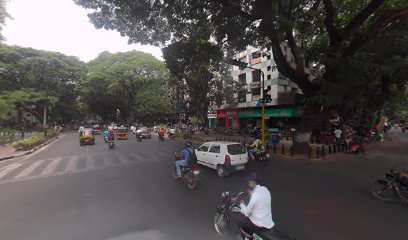
श्रीमंत बाळाजी पेशवे निधन स्थान
1.7 km
Discover the rich heritage of Parvati Temple in Pune, a historical landmark perched atop Parvati Hill, offering stunning views and spiritual tranquility.
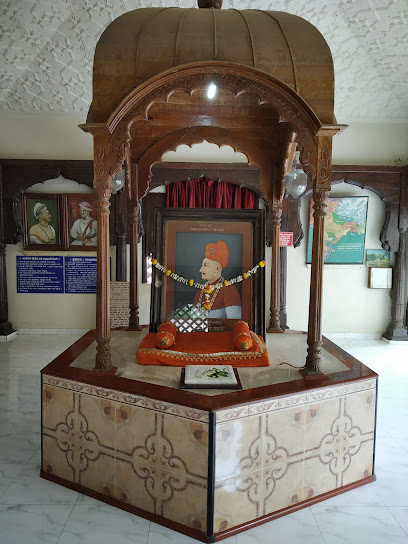
Hazrat sayyed yaqoob peer saheb chowk
1.8 km
Discover the rich cultural heritage at Hazrat Sayyed Yaqoob Peer Saheb Chowk, a historical landmark in Pune that inspires and captivates.
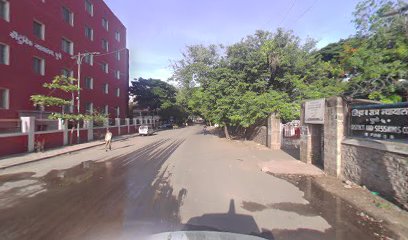
Vasudev Balvanta Phadke Smarak
2.1 km
Discover the rich history and cultural significance of Vasudev Balvanta Phadke Smarak, a landmark in Pune dedicated to social reform and heritage.
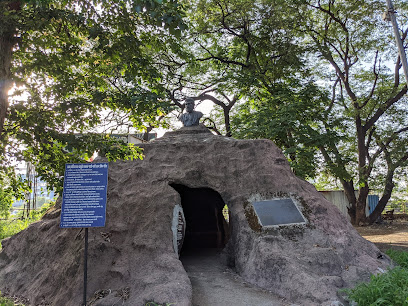
Old Structure Nagaar khaana
2.6 km
Explore the hidden historical gem of Old Structure Nagaar Khaana in Pune, showcasing rich heritage and timeless architectural beauty.
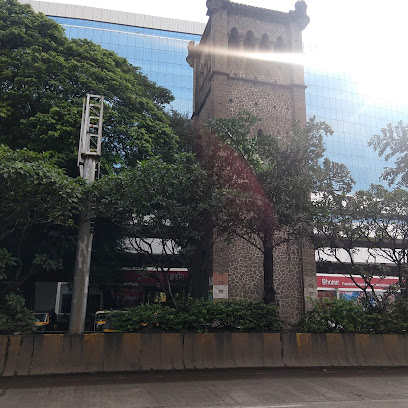
Agarkar Smarak
2.6 km
Discover Agarkar Smarak, Pune's historical gem dedicated to the renowned botanist Dr. G. H. Agarkar amid lush gardens and rich heritage.
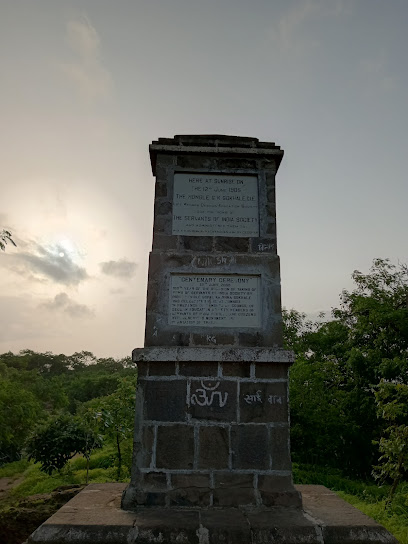
Khadki small tunnel
5.1 km
Discover the Khadki Small Tunnel in Pune, a hidden historical landmark that unveils the region's rich past and architectural marvels.
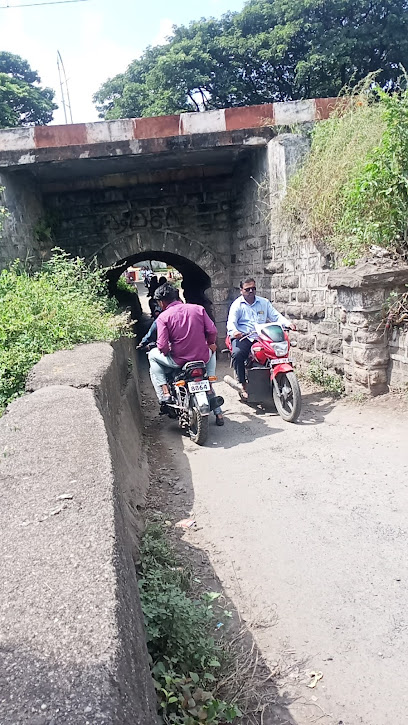
Unmissable attractions to see
Vishrambaug Wada
0.4 km
Explore the historical charm of Vishrambaug Wada in Pune, a captivating landmark that reflects the city's rich heritage and architectural beauty.
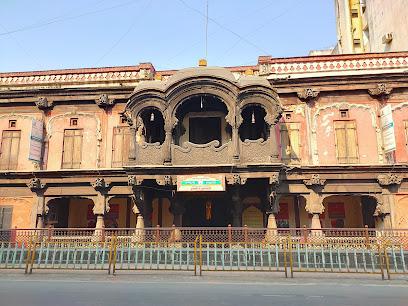
Old Baobab or Gorakhchinch Tree in Pune
0.6 km
Experience the grandeur of the Old Baobab tree in Pune, a majestic natural landmark steeped in history and cultural significance.
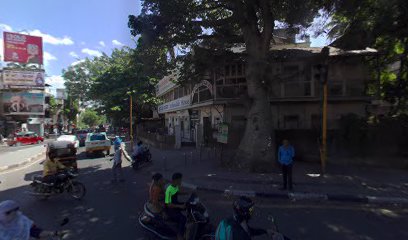
Shrimant Dagdusheth Halwai Ganpati Mandir
0.7 km
Discover the spiritual heart of Pune at Shrimant Dagdusheth Halwai Ganpati Mandir, a stunning temple dedicated to Lord Ganesha.
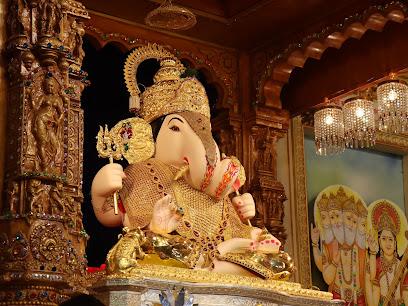
Navgraha Shani Mandir
0.9 km
Experience divine tranquility at Navgraha Shani Mandir, a sacred Hindu temple in Pune dedicated to Lord Shani, rich in culture and spirituality.
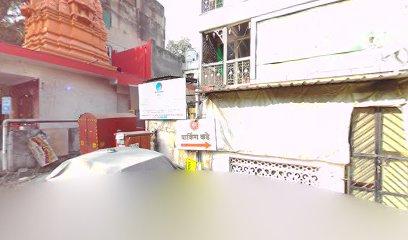
Laal Mahaal
0.9 km
Discover the architectural beauty and rich cultural heritage of Laal Mahaal, Pune's iconic historical landmark and tourist attraction.
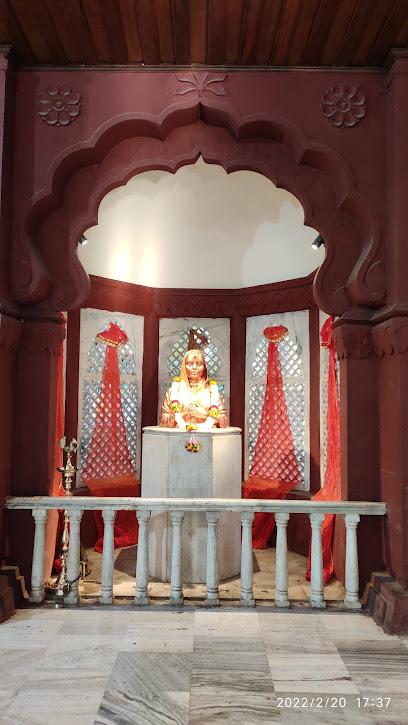
Shaniwar Wada
1.0 km
Explore the majestic Shaniwar Wada, a historical landmark in Pune, Maharashtra, and uncover the stories of India's Maratha Empire.
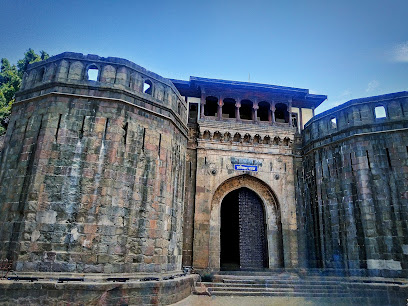
Saras Baug
1.0 km
Experience the tranquility and cultural richness of Saras Baug, Pune's beloved green oasis with a historic temple and picturesque landscapes.
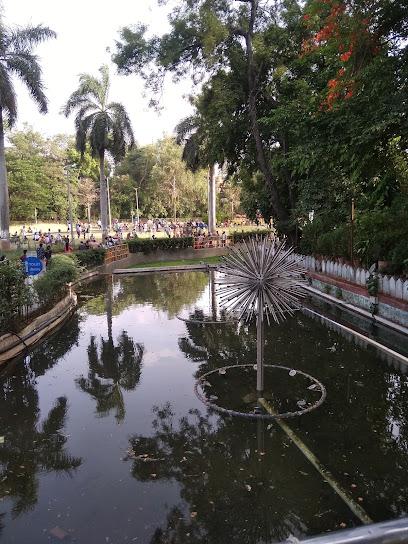
Shaniwar wada main gate
1.1 km
Explore Shaniwar Wada, Pune's majestic fort, rich in Maratha history, stunning architecture, and vibrant cultural heritage.
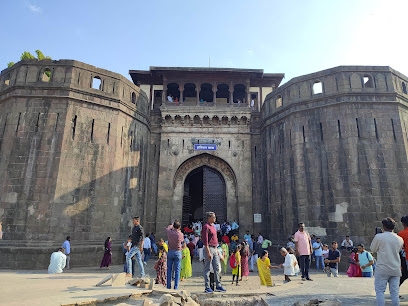
The Western Routes - Heritage Walk Meeting Point
1.1 km
Explore Pune's rich heritage and vibrant culture at The Western Routes - Heritage Walk Meeting Point, your gateway to unforgettable experiences.
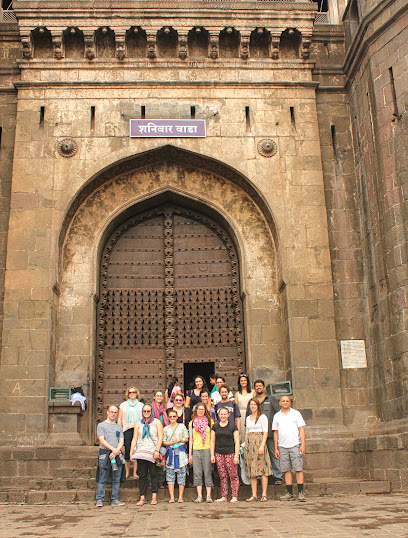
Sanday kable
1.1 km
Experience the vibrant culture and rich heritage of Pune at Sanday Kable, a captivating tourist attraction that delights the senses.
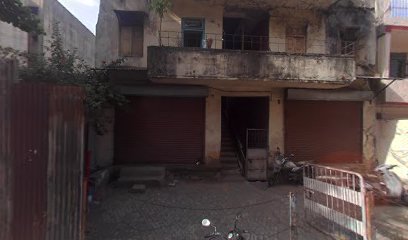
Art from Scrap
1.2 km
Experience creativity and sustainability at Pune's 'Art from Scrap', where recycled materials become stunning works of art in a vibrant artistic hub.
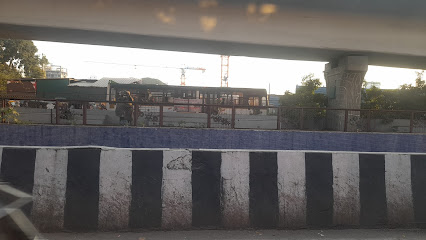
Shree Omkareshwar Temple
1.2 km
Explore the serene beauty and spiritual significance of Shree Omkareshwar Temple in Pune, a must-visit for every traveler seeking cultural richness.
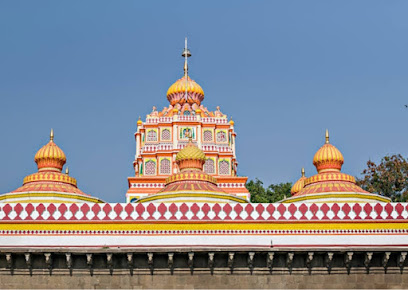
Pigeons feeding place
1.2 km
Experience the calming joy of feeding pigeons at this picturesque attraction in Pune, a perfect retreat for nature lovers and bird enthusiasts.
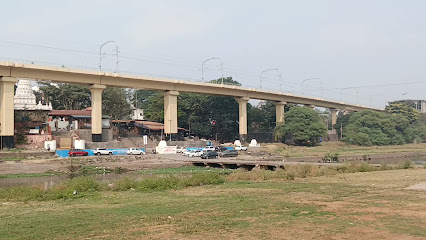
Shahid Smarak
1.3 km
Explore the Shahid Smarak in Pune, a serene memorial paying tribute to India's brave martyrs amidst beautiful gardens and rich history.
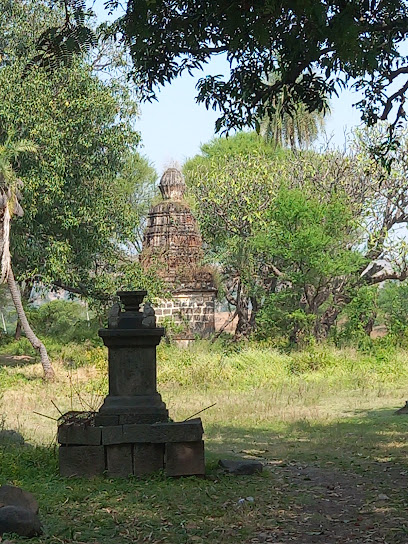
Pralhad Keshav Atre Statue
1.4 km
Discover Pune's literary heritage at the Pralhad Keshav Atre Statue, a tribute to a beloved Marathi poet and thinker in the heart of the city.
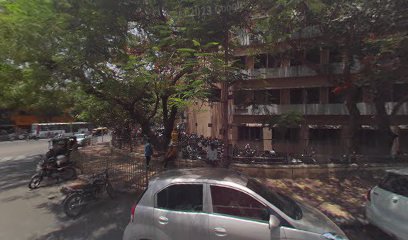
Essential places to dine
Sukanta Thali
1.3 km
Experience authentic Indian cuisine at Sukanta Thali in Pune with diverse regional specialties served on delightful thalis.
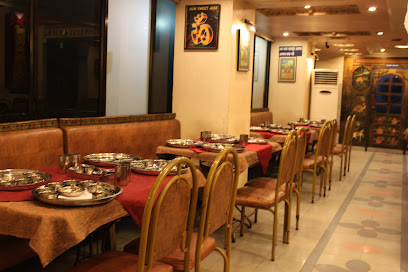
360 Degree Revolving Restaurant
1.3 km
Discover Pune's culinary delight at 360 Degree Revolving Restaurant—where exquisite flavors meet breathtaking city views.
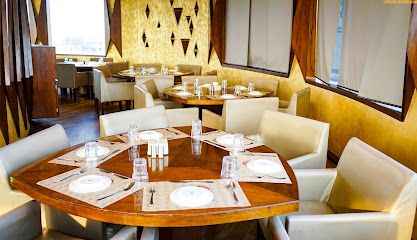
JM Housefull paratha
1.4 km
Experience authentic North Indian cuisine at JM Housefull Paratha in Pune – where every bite tells a story.
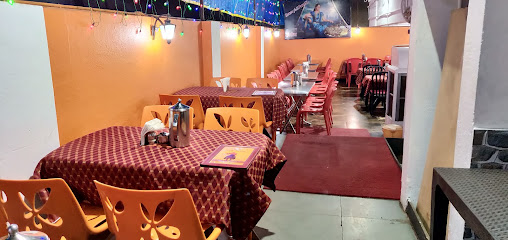
Made fire Nation
1.4 km
Experience an extraordinary buffet at Made Fire Nation in Pune's Deccan Mall - where diverse flavors meet culinary artistry.
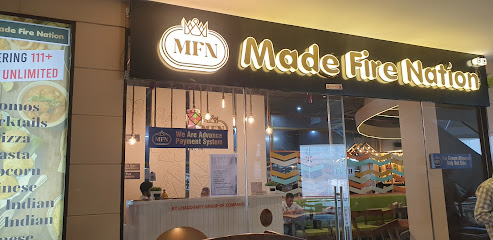
Laa Unico - Pure Veg Family Restaurant
1.6 km
Experience the best of vegetarian dining at Laa Unico in Pune with diverse cuisines including Indian, Italian & Mexican flavors.
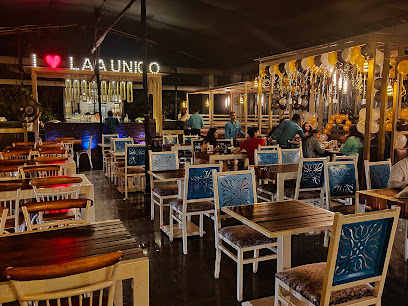
Le Plaisir
1.7 km
Discover Le Plaisir: Pune's premier destination for exquisite European cuisine, from breakfast delights to indulgent desserts.
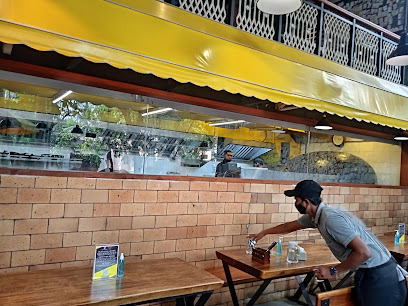
New Modern Café & Restaurant
1.7 km
Discover the flavors of North India at New Modern Café & Restaurant in Pune - where tradition meets contemporary dining.
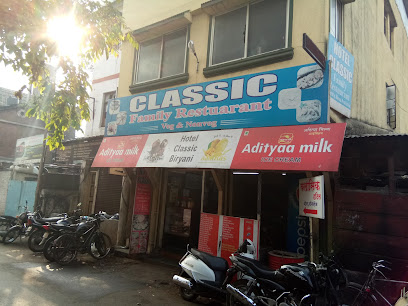
Sudama Garden Restaurant
1.7 km
Discover Sudama Garden Restaurant in Pune – where exquisite cuisine meets a serene garden setting for an unforgettable dining experience.
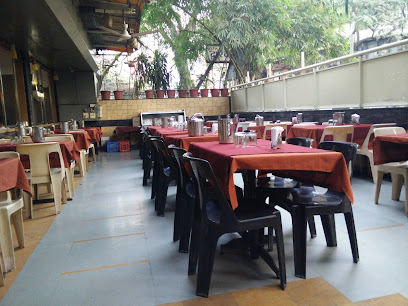
Fountain Family Rest O Bar
1.8 km
Experience the best of family dining with delicious Chinese and seafood options at Fountain Family Rest O Bar in Pune.
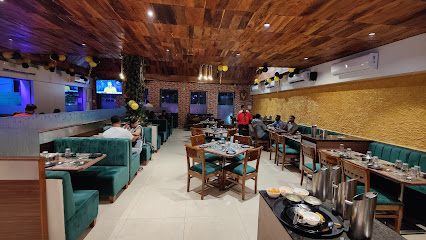
Modern Cafe
1.8 km
Savor authentic South Indian flavors at Modern Cafe in Pune – your go-to spot for breakfast, coffee, and vegetarian delights.
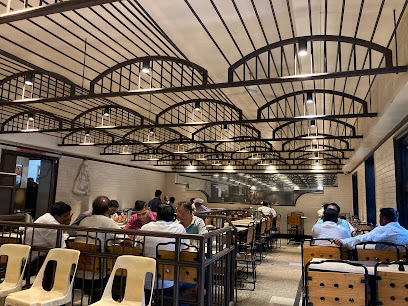
Savannah, The garden restaurant and cafe
1.9 km
Discover Savannah: Pune's premier garden restaurant offering exquisite continental cuisine in a serene outdoor setting.
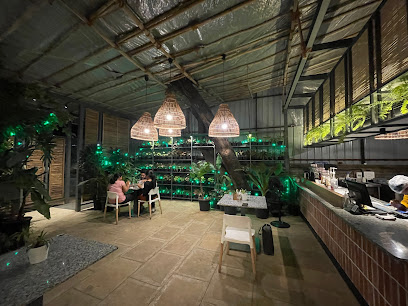
OBluez Restaurant and Bar
2.0 km
Experience the flavors of India, China, and Italy at OBluez Restaurant and Bar in Pune's vibrant Shivaji Nagar.
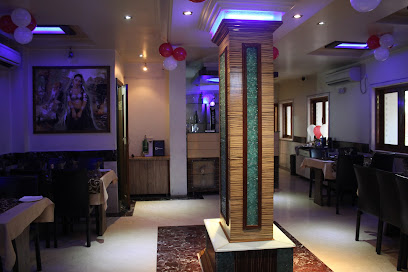
Shabree Restaurant-Pune
2.0 km
Discover authentic Maharashtrian vegetarian cuisine at Shabree Restaurant in Pune—where tradition meets taste in every dish.
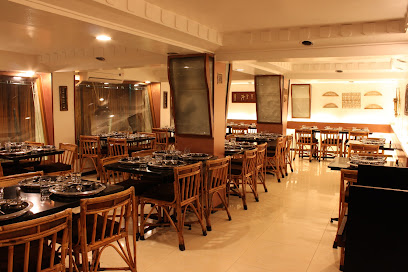
Terrasinne- Multicuisine Restaurant
2.1 km
Discover diverse flavors at Terrasinne - Pune's top destination for Continental, Italian & North Indian cuisine.
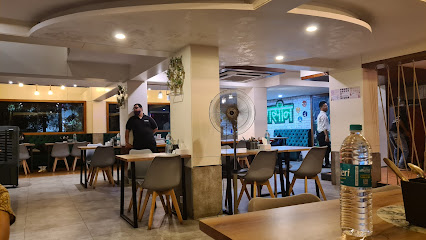
World Of Veg - Rooftop Restaurant, Ramsukh House
2.2 km
Experience exquisite vegetarian cuisine with breathtaking views at World Of Veg - Pune's premier rooftop dining destination.
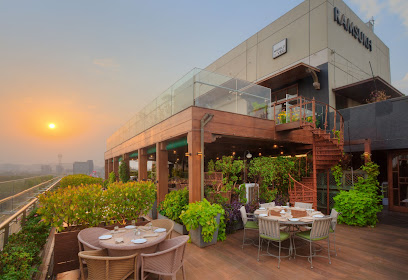
Markets, malls and hidden boutiques
Tulsi
0.3 km
Explore Tulsi in Pune for an unforgettable shopping experience, featuring unique home goods and delightful seasonal items that reflect local culture.
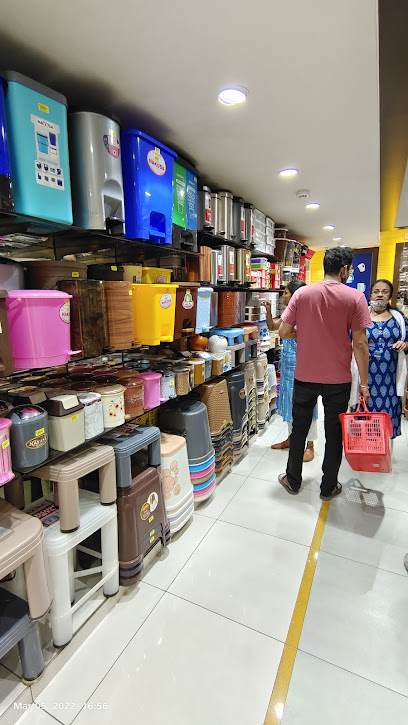
Pin A Kin Collection
0.5 km
Explore Pin A Kin Collection in Pune for stylish and trendy children's clothing, shoes, and accessories that celebrate youthful fashion.
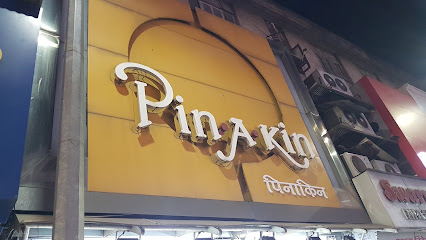
Sanika Return Gifts, Shree trimurti traders Laxmi Narayan Market
0.6 km
Discover the charm of Pune at Sanika Return Gifts, where unique souvenirs and traditional crafts await every traveler.
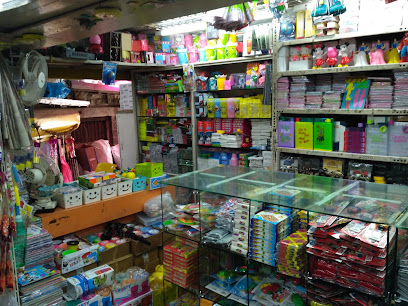
Tanishka Gifts & Toys
0.7 km
Explore Tanishka Gifts & Toys in Pune for a delightful shopping experience filled with unique toys, gifts, and vibrant Indian culture.
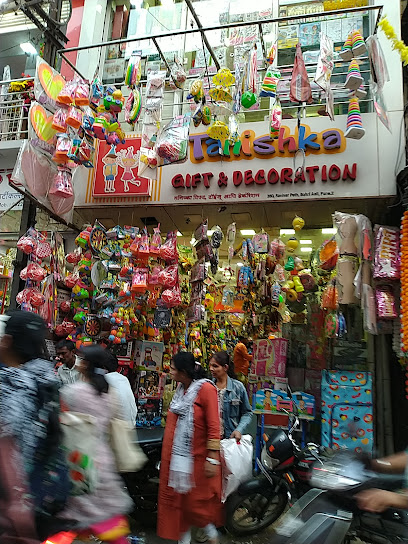
Bhori ali plastic market
0.7 km
Explore the colorful Bhori Ali Plastic Market in Pune, a vibrant hub for unique gifts and affordable plastic treasures that reflect local culture.
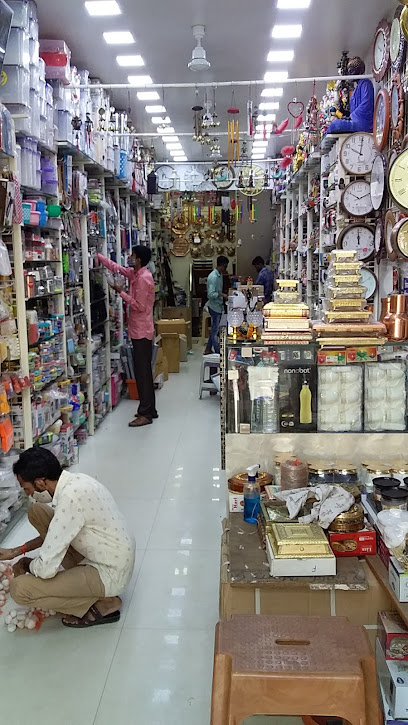
Ramsukh market
0.8 km
Explore Ramsukh Market in Pune: A bustling hub of shopping, culture, and delicious street food, perfect for an unforgettable local experience.
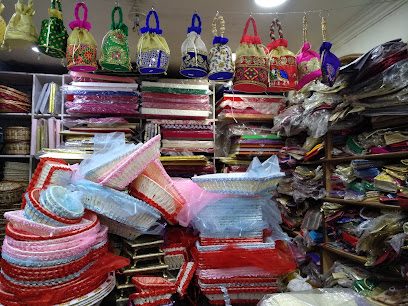
THE MASK Imported Clothing Best Men's store In Pune
0.9 km
Explore THE MASK in Pune for imported men's clothing that combines style, quality, and contemporary design in one boutique.
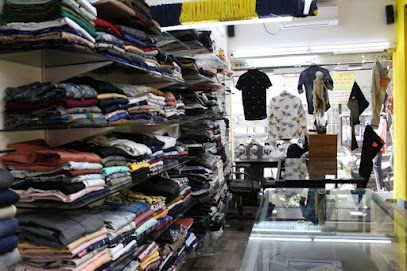
Deccan Book Stall
1.3 km
Discover the charm of Deccan Book Stall, a cozy bookstore in Pune offering a delightful range of literature that captures the essence of the region.
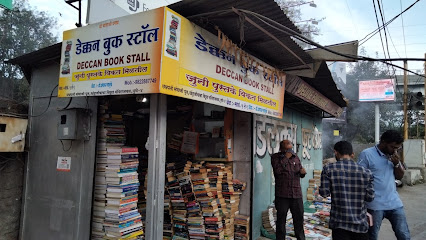
BookGanga International Book Service
1.4 km
Explore a treasure trove of books at BookGanga International Book Service, Pune's premier bookstore and literary hub.
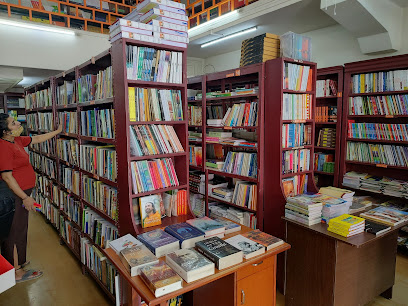
Deccan 99 Mall
1.4 km
Discover the best shopping, dining, and entertainment at Deccan 99 Mall, a vibrant hub in Pune, Maharashtra.
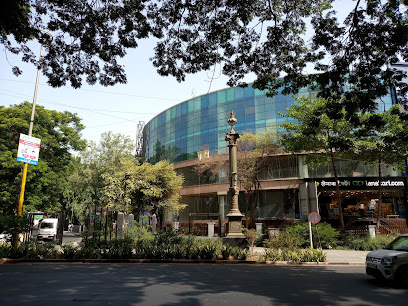
Deepak Stores
1.4 km
Explore the local essence at Deepak Stores, a charming general store in Pune's Deccan Gymkhana, offering traditional goodies and everyday essentials.
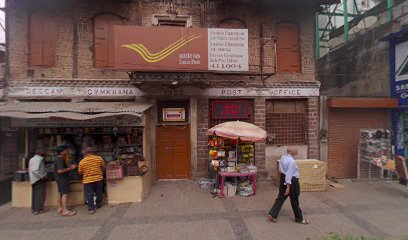
R Deccan Mall
1.4 km
Experience the best shopping, dining, and entertainment at R Deccan Mall in Pune, a vibrant hub for tourists and locals alike.

Chitale Bandhu Mithaiwale
1.4 km
Discover the authentic taste of Maharashtrian sweets at Chitale Bandhu Mithaiwale, a must-visit destination in Pune for all dessert lovers.
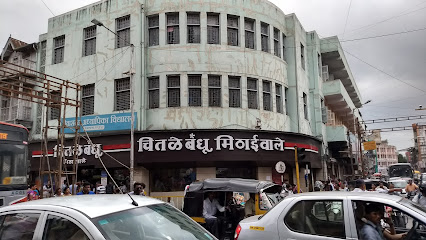
Kaka Halwai
1.4 km
Discover Kaka Halwai, Pune's iconic sweet shop, renowned for its authentic Indian sweets and delightful desserts that tantalize your taste buds.
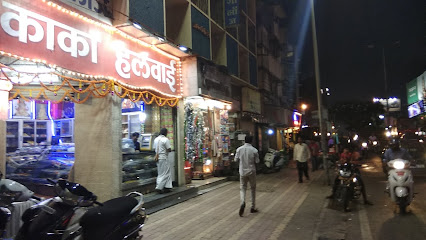
Astitva
1.4 km
Discover unique gifts and traditional Indian craftsmanship at Astitva, a charming gift shop in Pune's Deccan Gymkhana.

Essential bars & hidden hideouts
Hakuna Matata J.M Road
1.3 km
Discover the lively atmosphere and diverse menu at Hakuna Matata J.M Road, Pune's ultimate destination for food and nightlife.
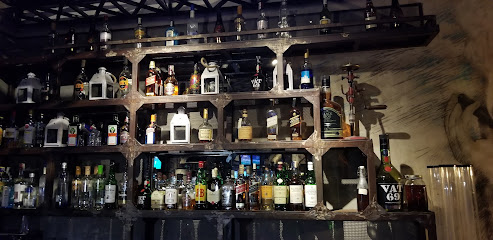
Portico-B4M Restaurant & Bar
1.3 km
Discover the perfect blend of flavors at Portico-B4M Restaurant & Bar, Pune's vibrant dining destination for families and food enthusiasts.
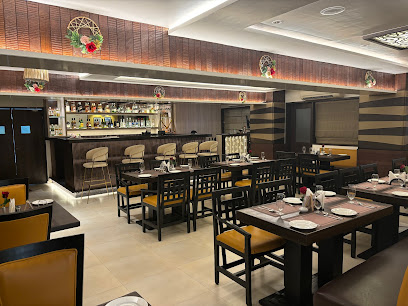
Puja Resto-Bar
1.4 km
Discover the vibrant flavors and lively atmosphere at Puja Resto-Bar in Pune, a perfect blend of culinary delights and refreshing drinks.
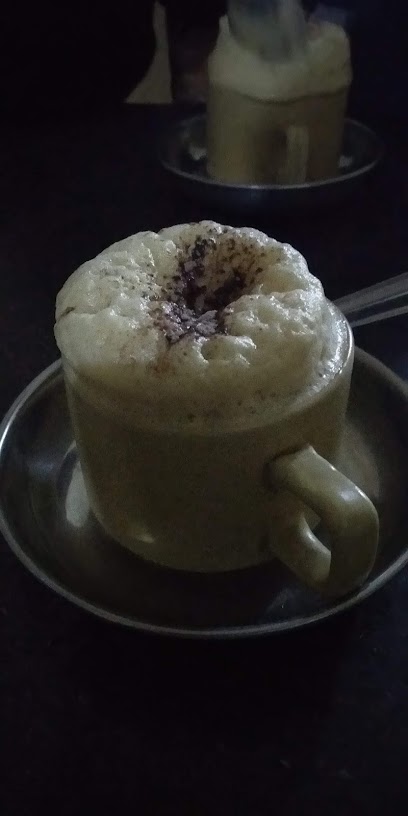
Funny Cat
1.6 km
Experience the playful atmosphere of Funny Cat, Pune's premier lounge for cocktails, games, and unforgettable memories.
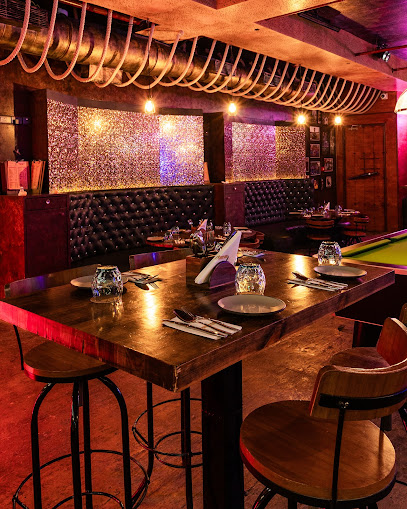
Alok Restaurant & Bar
1.7 km
Experience the vibrant flavors of North Indian and Chinese cuisine at Alok Restaurant & Bar in Pune, where every meal is a celebration of taste.
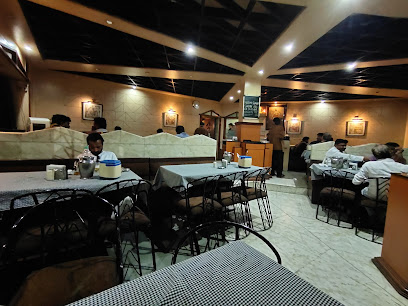
Mmyra Lounge
1.9 km
Experience the vibrant flavors and live music at Mmyra Lounge in Pune, where culinary delights meet an electrifying atmosphere.
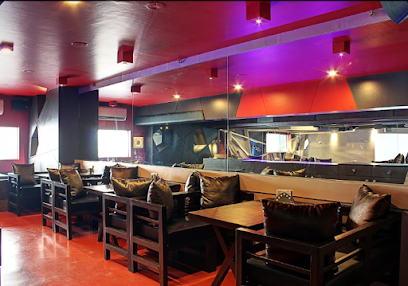
The Deccan Bid Capital
2.0 km
Discover the vibrant flavors of Pune at The Deccan Bid Capital, a lively bar and restaurant offering delectable chicken dishes and refreshing drinks.
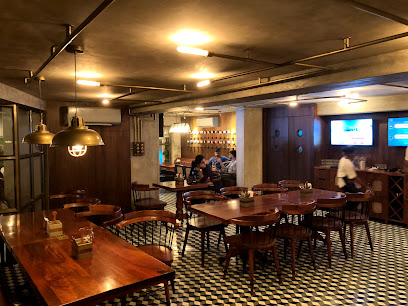
Thikana Restaurant FC Road
2.1 km
Experience the vibrant flavors and lively atmosphere at Thikana Restaurant on FC Road, a culinary hotspot in Pune's dining scene.
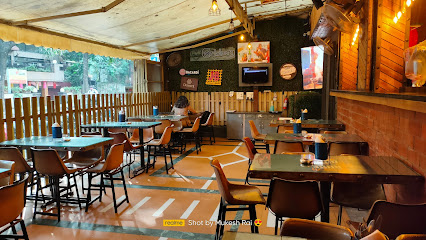
Culture Pune
2.1 km
Discover the heart of Pune's nightlife at Culture Pune, where great drinks, delicious food, and vibrant atmosphere come together for an unforgettable experience.
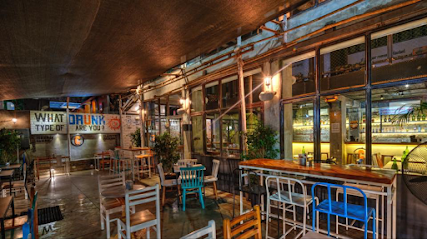
Hippie@Heart, Bhandarkar Road
2.1 km
Explore the vibrant atmosphere of Hippie@Heart, Pune's go-to destination for gourmet bites and crafted cocktails.
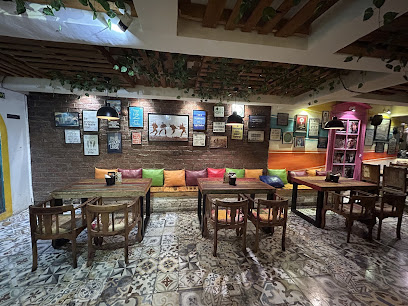
BarBerry
2.1 km
Experience a delightful fusion of barbecue and Thai cuisine at BarBerry, Pune's vibrant dining destination.
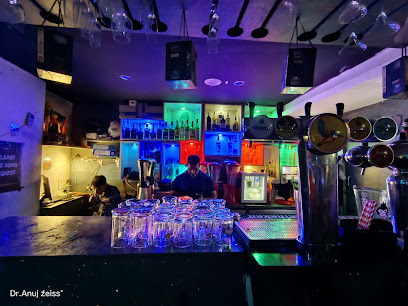
FC Road Social
2.3 km
Discover the vibrant culinary scene at FC Road Social in Pune, where delicious food meets a lively atmosphere for an unforgettable dining experience.
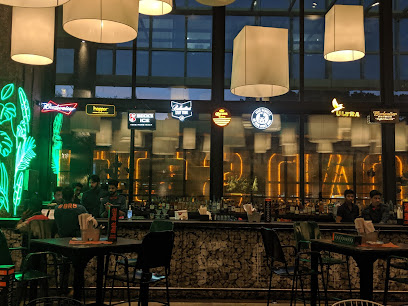
Skol Kitchen & Bar
2.4 km
Experience Pune's vibrant culinary scene at Skol Kitchen & Bar, where exquisite dishes meet a lively atmosphere for an unforgettable dining experience.
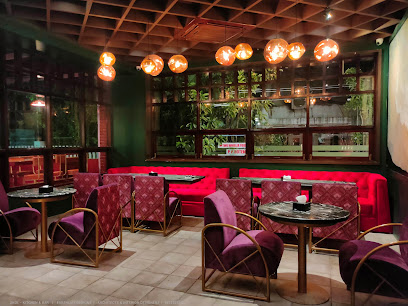
Millers The Luxury Club
2.9 km
Discover the vibrant nightlife at Millers The Luxury Club in Pune, where exquisite dining meets a lively bar atmosphere.
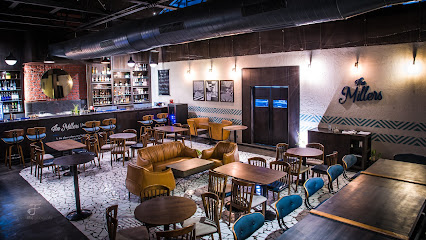
Sapna Bar and Restaurant
3.2 km
Discover the lively Sapna Bar and Restaurant in Pune, where delectable cuisine meets a festive atmosphere for an unforgettable dining experience.
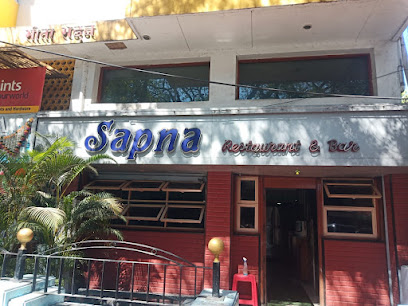
Nightclubs & after hour spots
PNL - Pune Night life
0.7 km
Discover Pune's nightlife at PNL, where vibrant beats and a lively atmosphere converge for an unforgettable disco experience.

Sky High-The Pub & Lounge
2.1 km
Experience Pune's vibrant nightlife at Sky High-The Pub & Lounge, where the dance floor and signature cocktails await you.
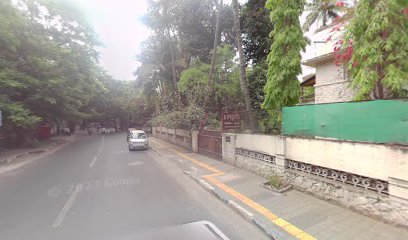
Night Amma cafe
3.3 km
Experience Pune's nightlife at Night Amma Café, where vibrant music meets delicious cuisine in a lively atmosphere.
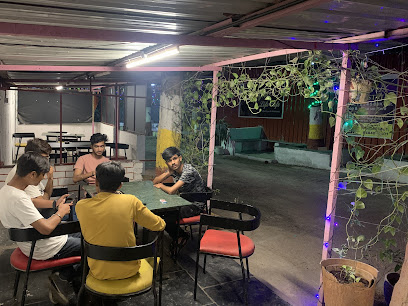
Vault
3.5 km
Experience Pune's nightlife at Vault, a stylish night club and bar known for its energetic atmosphere, creative cocktails, and diverse music selection.
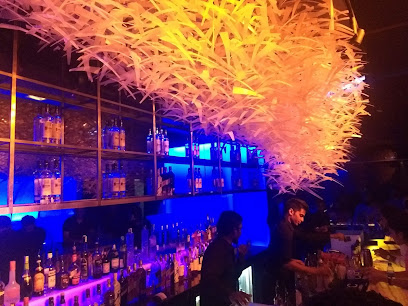
L7 Club & Lounge
5.5 km
Experience the pulse of Pune's nightlife at L7 Club & Lounge, where eclectic music and a vibrant atmosphere create unforgettable nights.
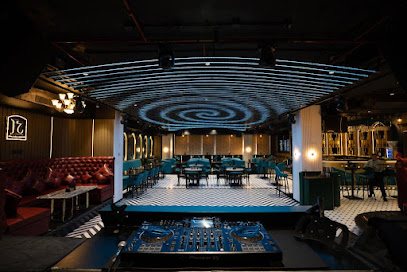
Living Room by Coco
6.3 km
Experience Pune's vibrant nightlife at Living Room by Coco, where fine dining meets a chic bar atmosphere with stunning city views.
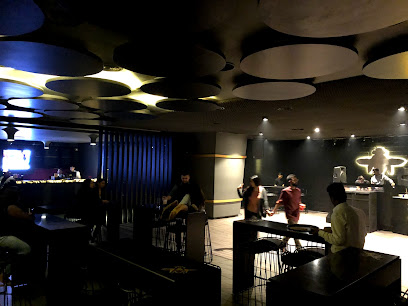
Penthouze Nightlife
6.4 km
Discover the electric atmosphere of Penthouze Nightlife in Pune, where vibrant music, exquisite dining, and unforgettable experiences come together.
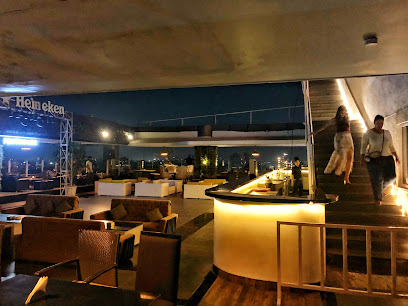
Sensation
6.5 km
Discover the electrifying nightlife at Sensation, Pune's premier night club with vibrant music, dance floors, and unforgettable experiences.
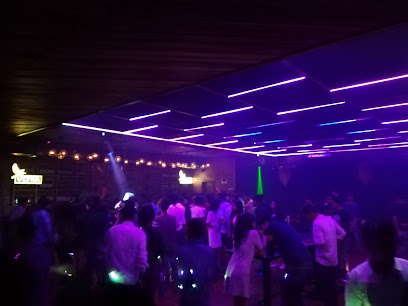
Vegas The Night Club
6.5 km
Discover the thrilling nightlife at Vegas The Night Club in Pune, where vibrant music, unique cocktails, and dancing unite for an unforgettable evening.
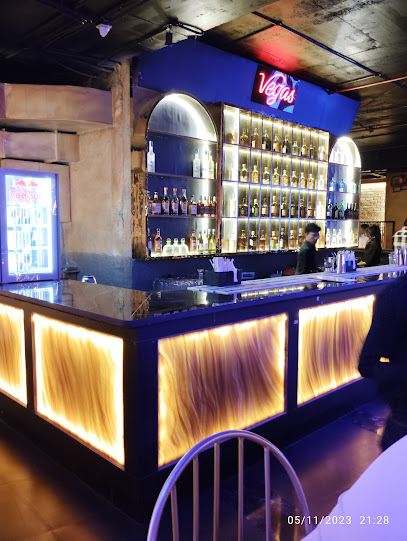
Metro Lounge and Bar
6.6 km
Metro Lounge and Bar in Pune offers a perfect blend of cocktails, music, and a vibrant atmosphere for an unforgettable nightlife experience.
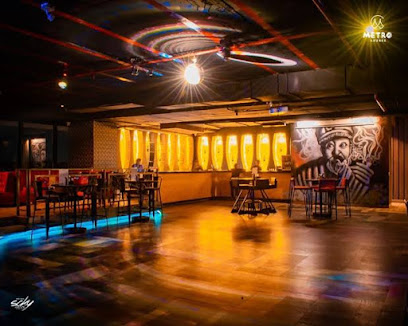
Ninkasi 9 - Kitchen & Club
6.6 km
Experience the vibrant nightlife at Ninkasi 9 - Kitchen & Club, where dining meets entertainment in the heart of Pune.
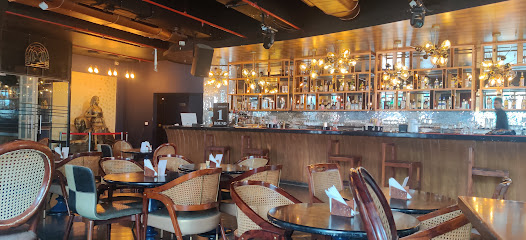
Unwind
6.9 km
Discover the electrifying nightlife at Unwind, Pune's ultimate night club offering fine dining, live music, and vibrant ambiance for an unforgettable evening.
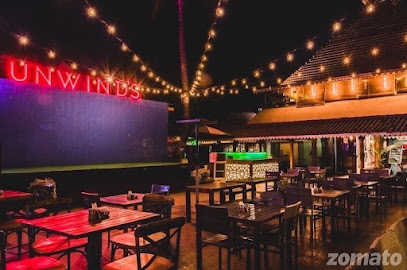
Dii9 Mansiion Bar & Club
6.9 km
Discover Pune's nightlife at Dii9 Mansiion Bar & Club—where delicious food meets vibrant dance floors for an unforgettable experience.
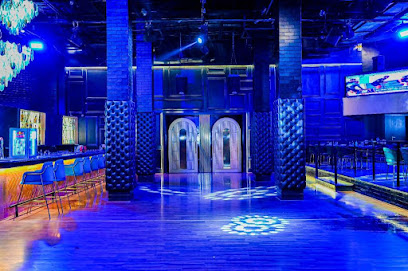
Opus Club & Lounge
6.9 km
Discover Pune's vibrant nightlife at Opus Club & Lounge, where great music, lively ambiance, and unforgettable moments await.
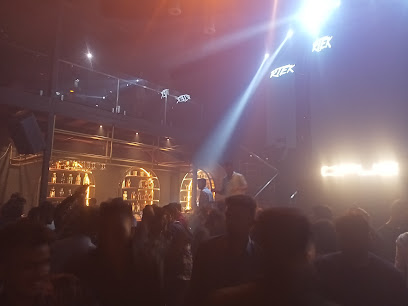
Elrow pune
7.1 km
Experience the vibrant nightlife at Elrow Pune, where electrifying music and an exhilarating atmosphere create unforgettable memories.
